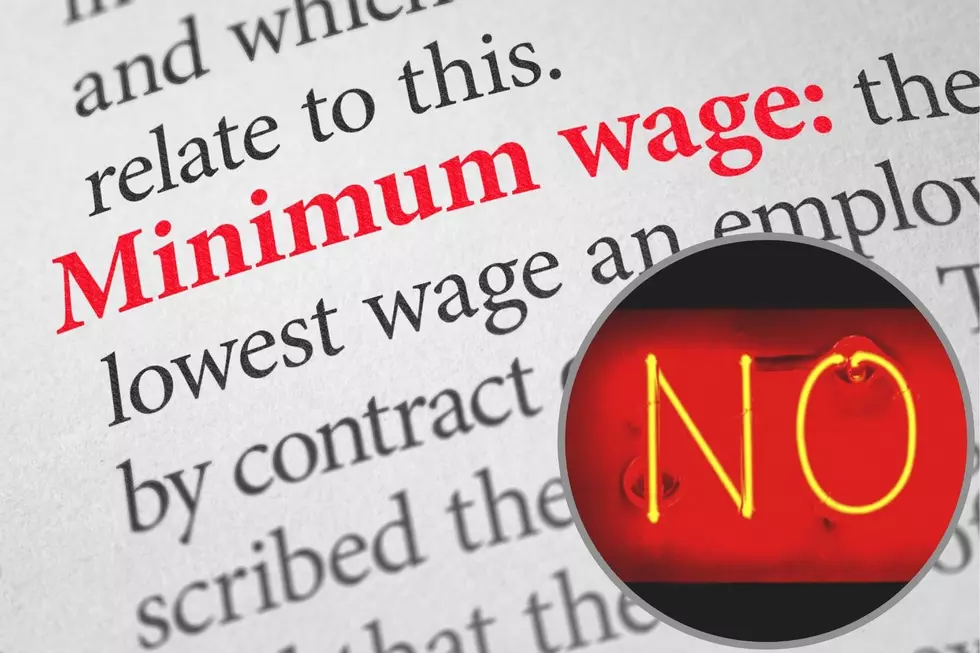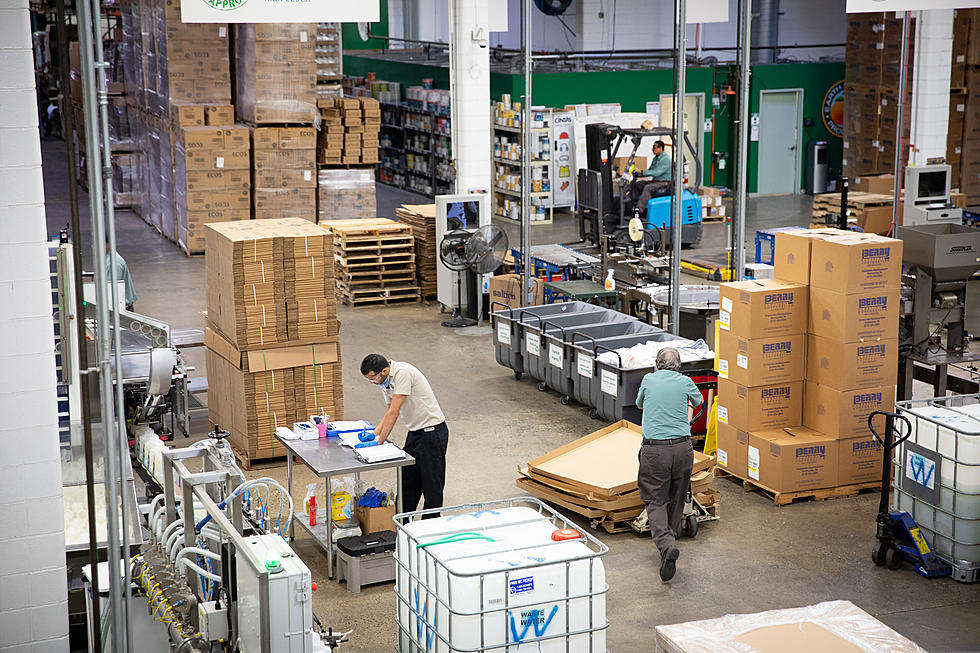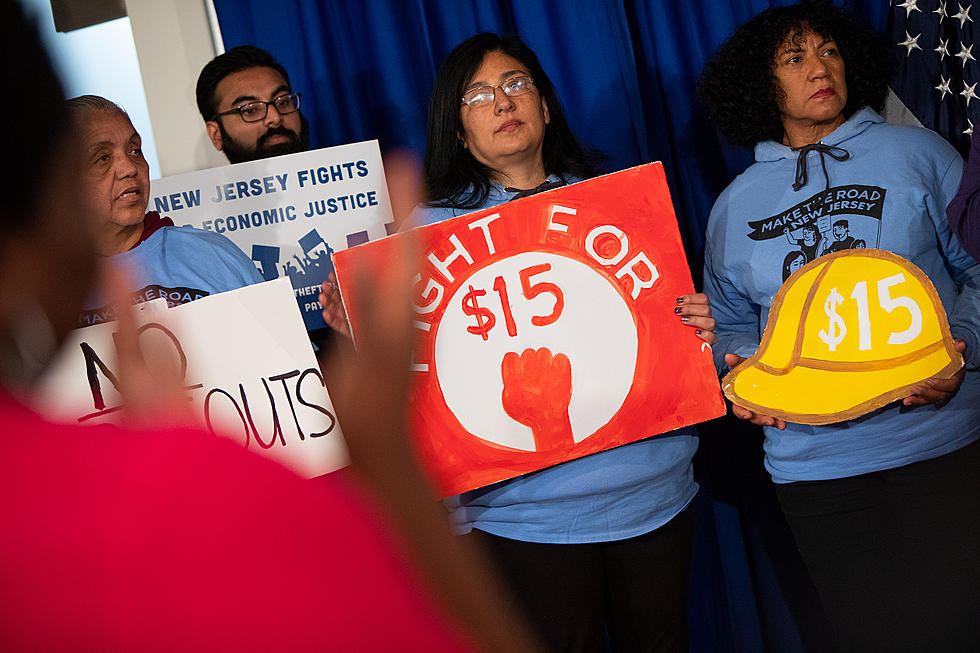![Income Gap Affecting U.S. Economy [AUDIO]](http://townsquare.media/site/385/files/2012/08/Money-in-hand-401K-2012.jpg?w=980&q=75)
Income Gap Affecting U.S. Economy [AUDIO]
Income inequality has gradually worsened over the past several years, but the trend doesn't only hurt those at the bottom end. The nation's overall economy suffers as well.
Among economists recently surveyed by The Associated Press, the key concern was the fact that more money is flowing to those who are already wealthy, but the higher-income households tend to spend a lesser share of their money on consumer goods, compared to low- and middle-income earners.
Consumer spending makes up the largest segment of economic activity.
"Part of the income problem is really a job creation problem. The total income pool is not growing as fast," James Hughes, dean of the Edward J. Bloustein School of Planning and Public Policy at Rutgers, told Townsquare Media. "And if we don't have income growth, we have a whole series of problems in terms of GDP growth, tax revenue and the like."
Hughes noted the nation has been struggling to create a sufficient number of solid, white-collar jobs since the Great Recession.
New Jersey voters recently approved a referendum to increase the state's minimum wage by a dollar starting Jan. 1. The move also ties the wage to the rate of inflation after 2014.
"Increasing the minimum wage probably will increase consumer spending and help the economy, and help those at the lower end of the income scale," Hughes said.
Opponents of the move have said it could cause a drop in hiring or a spike in layoffs. A counter-argument claimed higher minimum pay could provide more stable employees in high-turnover fields.
More From New Jersey 101.5 FM









